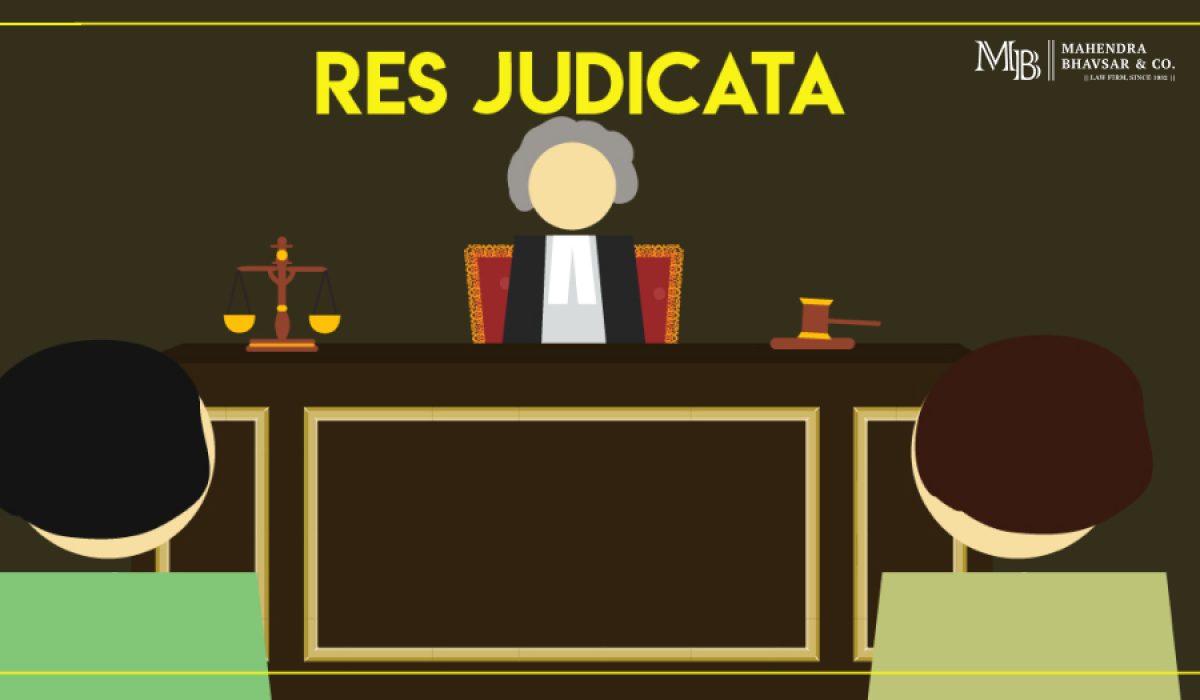1. Factual Background and Procedural History
The appeal arose from rejection of a civil suit at the threshold on the ground that it was allegedly barred by res judicata. The appellant (plaintiff before the Trial Court) had purchased the disputed property in 1998 from one Hussain Babu, who had himself purchased it from Ms. Jayam Ammal in 1991. The appellant remained in peaceful possession until discovering that defendant No. 1 had earlier instituted a partition suit in O.S. No. 298/1996, and obtained an ex parte decree dated 29.07.1997.
The appellant contended that the decree was collusive, obtained without jurisdiction, and secured behind the back of bona fide purchasers. The present suit O.S. No. 60 of 2009 was filed seeking declaration of his title and an injunction against interference with his possession.
The defendant filed an application under Order VII Rule 11 CPC seeking rejection of the plaint on the ground that the suit was barred by res judicata, contending that the earlier decree had attained finality.
The Trial Court allowed the application and rejected the plaint. The High Court, in revision, affirmed the rejection.
Aggrieved, the plaintiff approached the Supreme Court.
On 14 July 2025, the Supreme Court allowed the appeal, set aside the rejection of plaint, and restored the suit for trial.
2. Identification of Legal Issues
The Supreme Court considered the following core legal questions:
- Whether the plea of res judicata can be raised as a ground for rejection of a plaint under Order VII Rule 11 CPC?
- Whether res judicata can be adjudicated summarily at the threshold without conducting a full examination of pleadings, issues and findings from the earlier suit?
- Whether the Trial Court exceeded its jurisdiction by examining merits at the stage of Order VII Rule 11, instead of confining itself to the plaint alone?
3. Arguments of the Parties
Appellant (Plaintiff)
- The appellant was not a party to the earlier suit.
- The ex parte decree was alleged to be collusive and fraudulent, rendered by a court lacking territorial jurisdiction.
- Determination of res judicata required examination of pleadings, evidence and findings from the earlier case — all matters for trial, not preliminary rejection.
- Order VII Rule 11 mandates that only the averments in the plaint may be looked at, not the defendant’s defence.
Respondent (Defendant)
- The earlier decree had attained finality and therefore the present suit was barred.
- Since the plaintiff derived title from a party to the earlier suit (Hussain Babu), the bar of res judicata allegedly applied.
- The Trial Court was justified in preventing re-litigation of issues already decided.
4. Court’s Analysis and Reasoning
The Supreme Court held that the objection of res judicata was fundamentally misplaced at the stage of Order VII Rule 11 CPC.
Key Principles Reaffirmed
- Scope of Order VII Rule 11 is narrow
Only the plaint is to be examined, not the defence or prior proceedings. - Res judicata requires detailed adjudication
It requires:- examination of pleadings in prior suit
- framing of issues
- evidence led
- findings rendered
- examination of pleadings in prior suit
- Such complex evaluation cannot be undertaken at a summary stage.
- Res judicata is a matter for trial
The Court relied on binding precedents including:- Srihari Hanumandas Totala v. Hemant Vithal Kamat, (2021) 9 SCC 99
- V. Rajeshwari v. T.C. Saravanabava, (2004) 1 SCC 551
- Keshav Sood v. Kirti Pradeep Sood, Civil Appeal No. 5841 of 2023
- Srihari Hanumandas Totala v. Hemant Vithal Kamat, (2021) 9 SCC 99
- These authorities affirm that Order VII Rule 11 cannot be used to prematurely decide res judicata.
The Court also criticised the Trial Court for venturing into merits and speculating on fraud without full evidence.
5. Final Conclusion and Holding
The Supreme Court conclusively held that:
- A plea of res judicata cannot be a ground to reject a plaint under Order VII Rule 11 CPC.
- Such plea must be adjudicated only during trial, after complete consideration of the earlier proceedings.
- The orders of the Trial Court and High Court were set aside.
- The suit O.S. No. 60 of 2009 was restored to file for adjudication on merits, with a direction for expeditious disposal considering its pendency since 2009.
FAQs:
1. Can res judicata be decided at the stage of Order VII Rule 11 CPC?
No. Res judicata involves factual determination and cannot be decided summarily at the initial stage of rejecting a plaint.
2. What materials can the court look at while rejecting a plaint?
Only the plaint and documents filed with it. The defendant’s defence or external records cannot be considered.
3. Is a collusive or fraudulent prior decree protected by res judicata?
No. Allegations of fraud or collusion require trial. Such a decree can be challenged.
4. If a decree is passed ex parte, does it automatically bind subsequent purchasers?
Not necessarily. Bona fide purchasers not party to the earlier suit may contest such decrees.
5. What is the difference between res judicata and Order VII Rule 11(d)?
Order VII Rule 11(d) applies only when a bar is clear on the face of the plaint. Res judicata requires deeper judicial scrutiny of earlier proceedings, which can only be done during trial.
Stay informed with insights that matter. Follow us for more updates on key legal developments.
Disclaimer
The content provided here is for general information only; it does not constitute legal advice. Reading them does not create a lawyer-client relationship, and Mahendra Bhavsar & Co. disclaims all liability for actions taken or omitted based on this content. Always obtain advice from qualified counsel for your specific circumstances. © Mahendra Bhavsar & Co.
